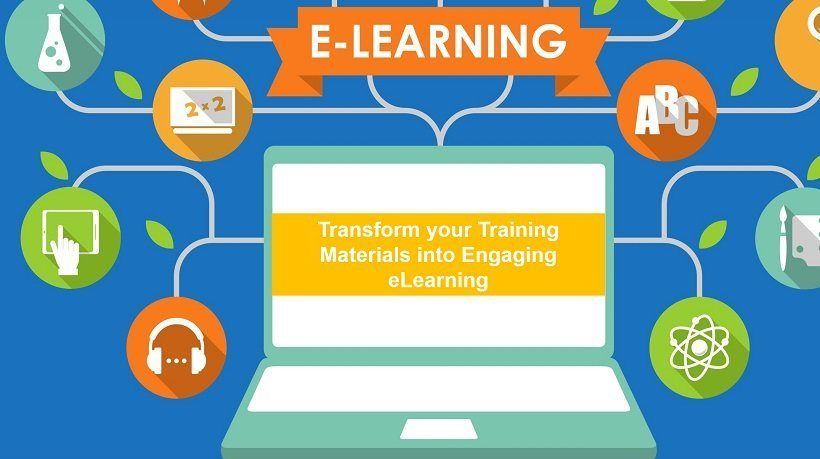NEET or National Eligibility Cum Entrance Test is one of the most sought-after and competitive exams in India through which students can take admission in colleges offering medical courses at the undergraduate level. All the students who have cleared their Class 12th board exams from the biology stream are eligible to sit for this exam. It is conducted once a year by the National Testing Agency across India.
Biology makes up the most important section of the NEET exam as the maximum number of questions are asked from this subject itself. It is further divided into two sections: Botany, dealing in the science of plant life and Zoology, dealing in the science of animal life. NEET exam pattern has undergone certain changes recently, according to which a total of 200 questions are asked from Biology as a whole and out of them only 190 are to be answered. Furthermore, Botany and Zoology both carry almost equal weightage as 45 questions are asked from each. Considering this, the following are certain tips that can help candidates prepare better for Botany in specific and Biology at large.
- Analyse syllabus and question pattern carefully
The first and the foremost step before getting started with the preparation should be the careful analyses of the subject coupled with scrutiny of past year papers. This will give an idea of the level of difficulty of questions in the exam from different chapters. Certain questions are quite direct and can be answered easily if studied thoroughly while some chapters tend to comprise tricky questions that can only be solved if students have holistically studied the subject. All this understanding of what sort of questions can be expected will come from a close inspection of the syllabus. Also, keep referring to the syllabus from time to time through the preparation so that at no point in time do students start spending time on unnecessary information.
- Focus on standard books for preparation
This is one of the most crucial tips because in the last few years it has been noted that a lot of questions in the NEET exam are directly asked from NCERTs. Thus, before going for an expanded list of books and materials, students must go through NCERTs for both Class 11 and 12 thoroughly. Later on, towards the end when students have gone through the standard books, they can refer to question compilations available in the market such as NEET Botany The Living World Important Questions to polish the concepts they have already studied. This will not only solidify their base but will help them a great deal in the final exam. Students often overview this one step that makes a lot of difference and start reading other books available in the market but end up wasting their time reading things that won’t be asked in the exam. Since time management is as important as anything in this exam, this may prove quite disadvantageous in the end. Smart work is always a winning bet against hard work.
- Incorporate flow charts and tables in notes
After you have your understanding of the syllabus and book list in place, the next thing you need to do is create a strategy for how you are going to maximise your information retaining power. Students tend to spend a lot of time going through books and materials but end up going blank in the final exam because they happen not to recall any of those things which they know they have studied before. Thus, it’s quite important to incorporate scientific methods of note-making that are proved to be more efficient than the simple act of copying down information from textbooks. Using tables, diagrams and flowcharts is one such method where a huge chunk of information is clubbed together in sort of a graphic form that stays in one’s memory for a longer period.
Also, students can make use of colourful highlighters to code mark different kinds of information which proves beneficial in last-minute revision. So, for example, if you have marked all the scientific names of plants in your notes with red colour then later on when you are solving questions solely based on it, you can quickly skim through these names. This is an organised and time-saving method for which you might be thanking us later.
- Solve previous year question papers and regular mock tests
As already mentioned above, previous years’ question papers are a great way to gather an understanding of what this exam expects from candidates but they are also beneficial for students in assessing their performance as they go through their preparation. It is advised that after completing the subject theoretically, students can solve past year papers within the timeframe to prepare themselves for the final exam. Similarly, there are many mock textbooks and programs available where students can get a real-time exam experience and simultaneously can get to know where they stand among their peers in terms of performance because online mock tests series offer real-time ranking facilities.
- Take help from online sources
Apart from attempting mock tests via online platforms, candidates can also refer to various reputed sites for any sort of doubt clearance and topic clarity. Interactive tests like crosswords, MCQs, picture-based problems, etc. are a bonus point in these online materials. A lot of times, students can get to know cool and interesting tricks to memorise certain facts which otherwise they would have struggled to do.
- Coachings or mentorship programs can be a great help
Students often get confused about the fact whether coachings are the best medium for preparation or self-study will be sufficient. Well, the answer to this dilemma varies from individual to individual. Undoubtedly, coachings and mentorship programs are a useful tool to give your preparation an organised and relatively stress-free tone but again, students should take time to access their options and capabilities before making a decision. Often coachings turn out to use a strategy that may or may not fit well with students as individual candidates. Nonetheless, one should go for coaching after thorough reviewing if he/she believes that external help is required to assist them in preparation. Even after going for this option, self-study must be given a lot of importance without which good performance is next to impossible.
- Regular revision: A priority
It is one of the most frequently given advice to students but also the one which a lot of students neglect. No matter what number of books a candidate has read for an exam without regular information, he/she will never be able to recall any information during the exam. That’s why, NEET aspirants should take out enough time on a daily, weekly and monthly basis to revise the topics they have completed so that they remain fresh in their minds till the end moment. Multiple revisions before the d-day are the key to sure shot success.
In conclusion, Botany might be one of the scariest subjects for NEET aspirants to study but it surely is a possible task that can be made even easier if approached from a determined attitude and solid strategy. Using above mentioned tips is a positive step towards the direction of success in the exam.











